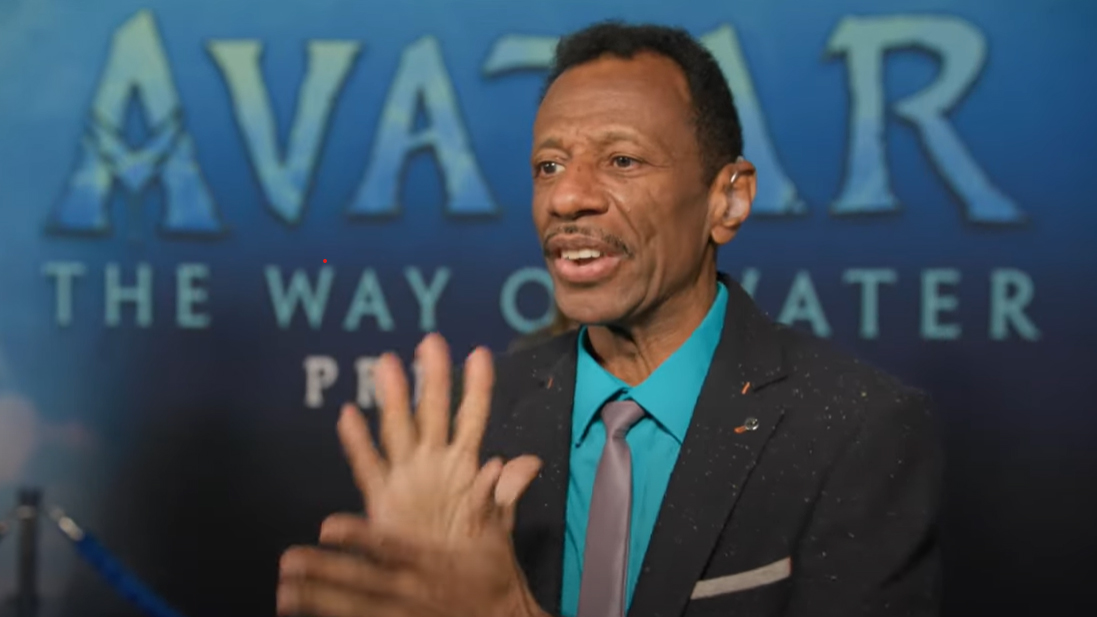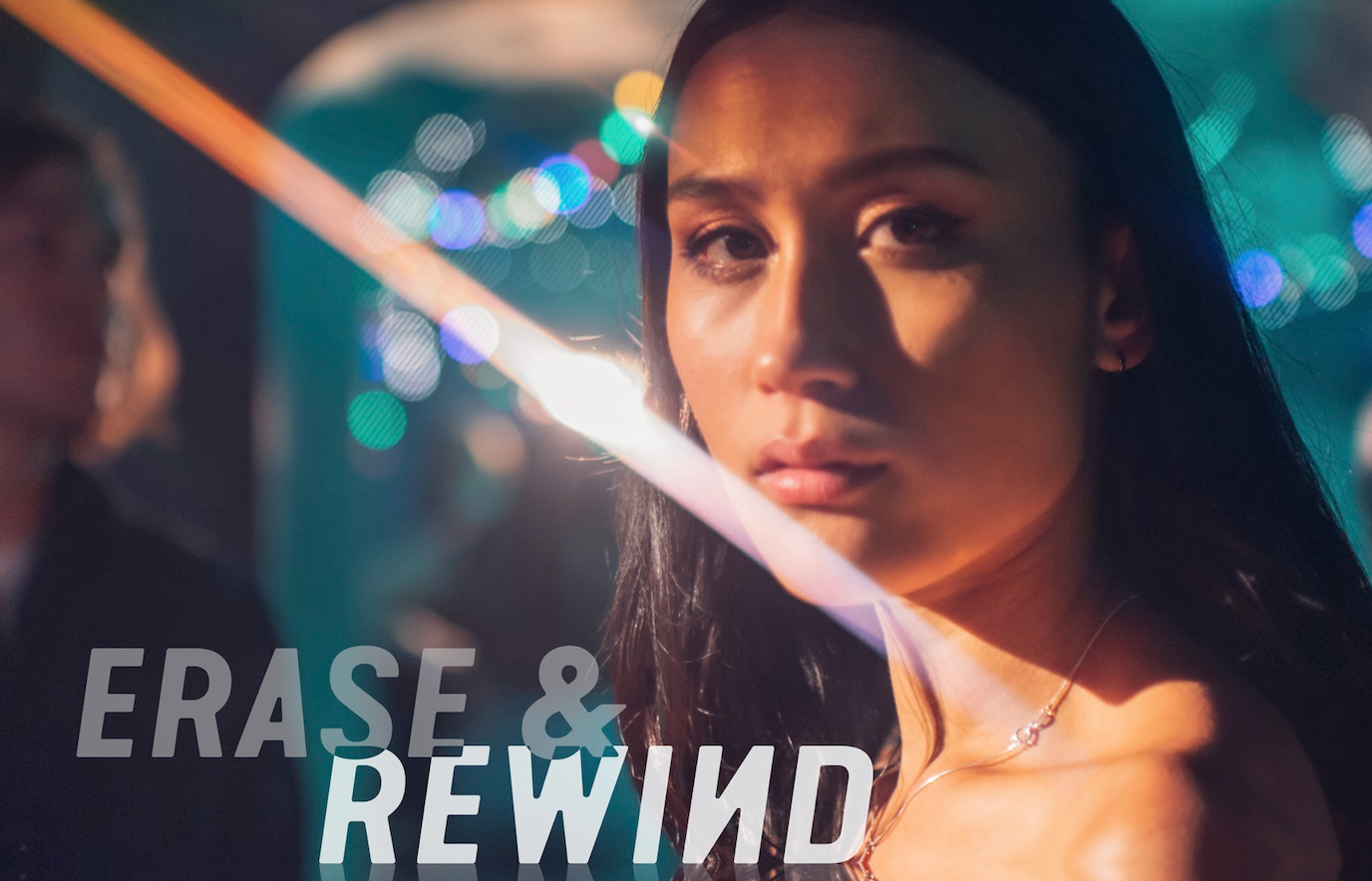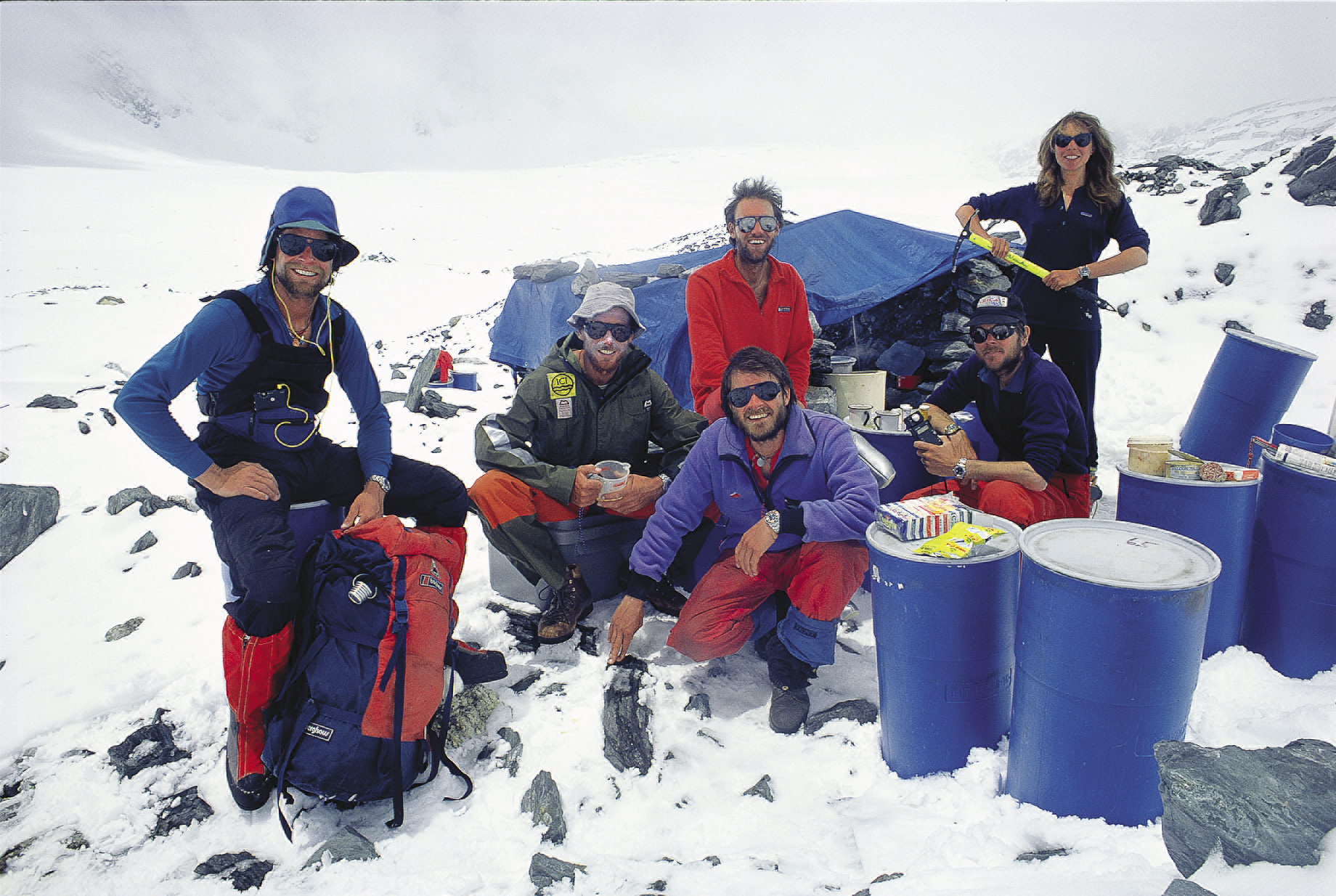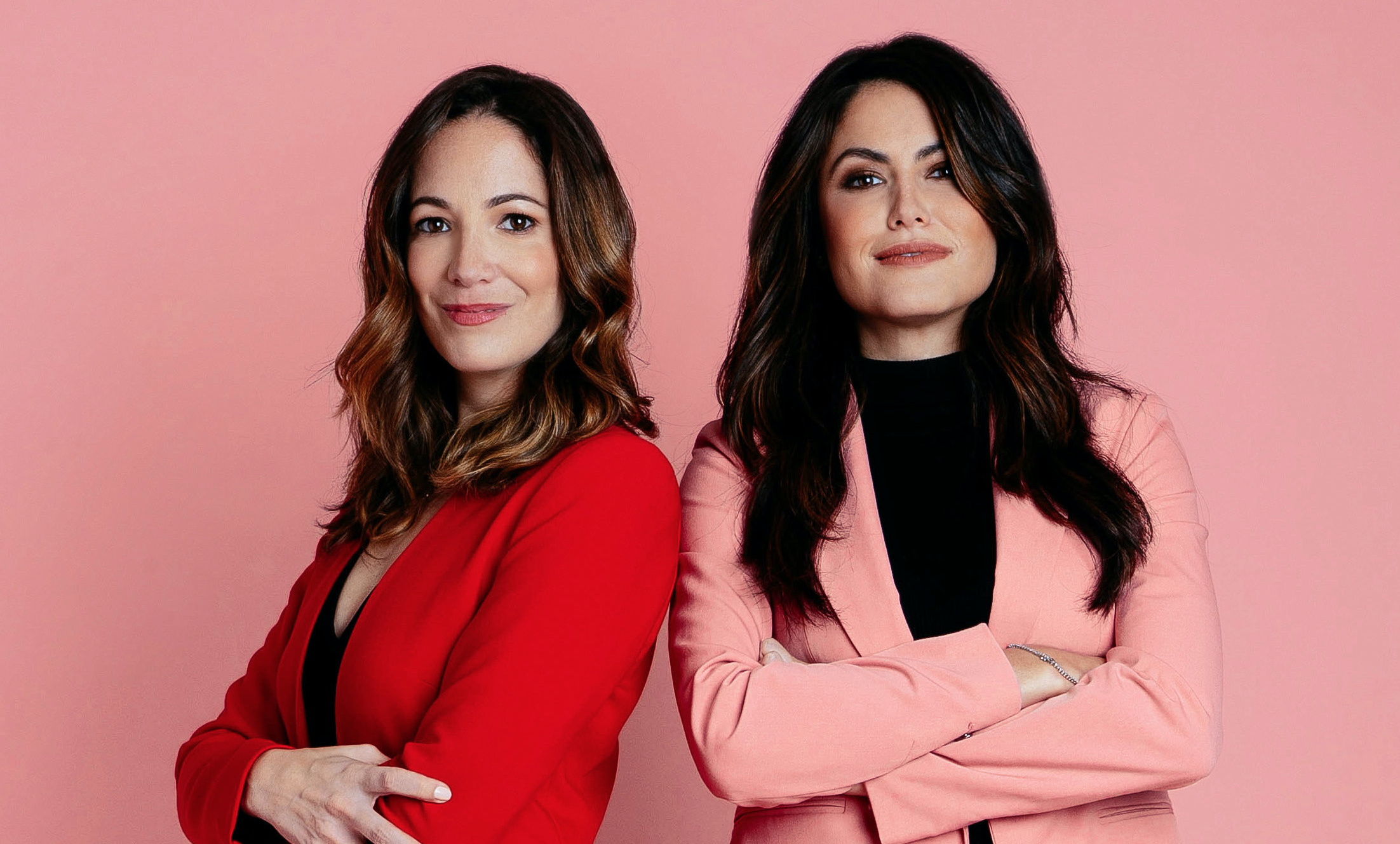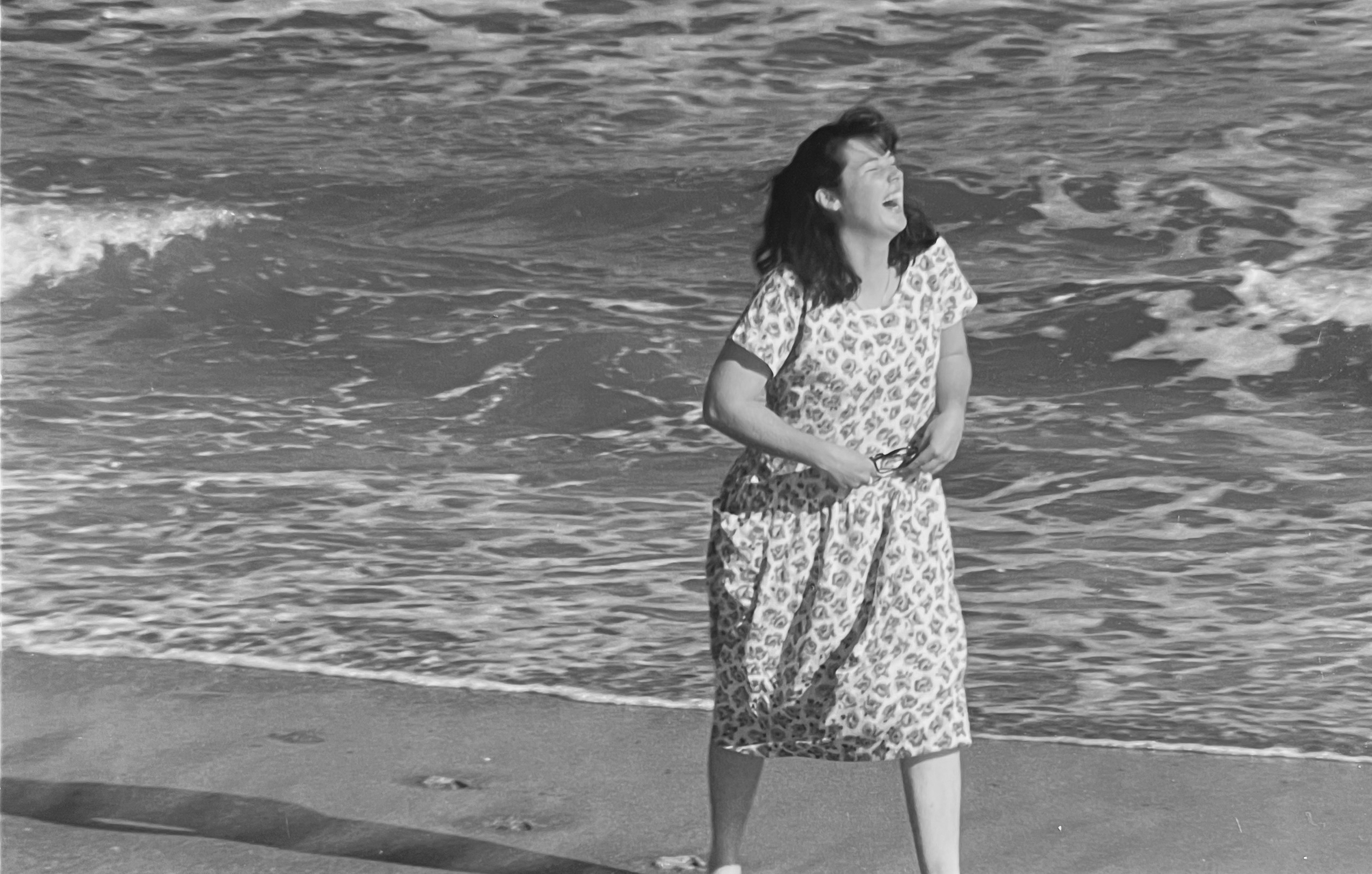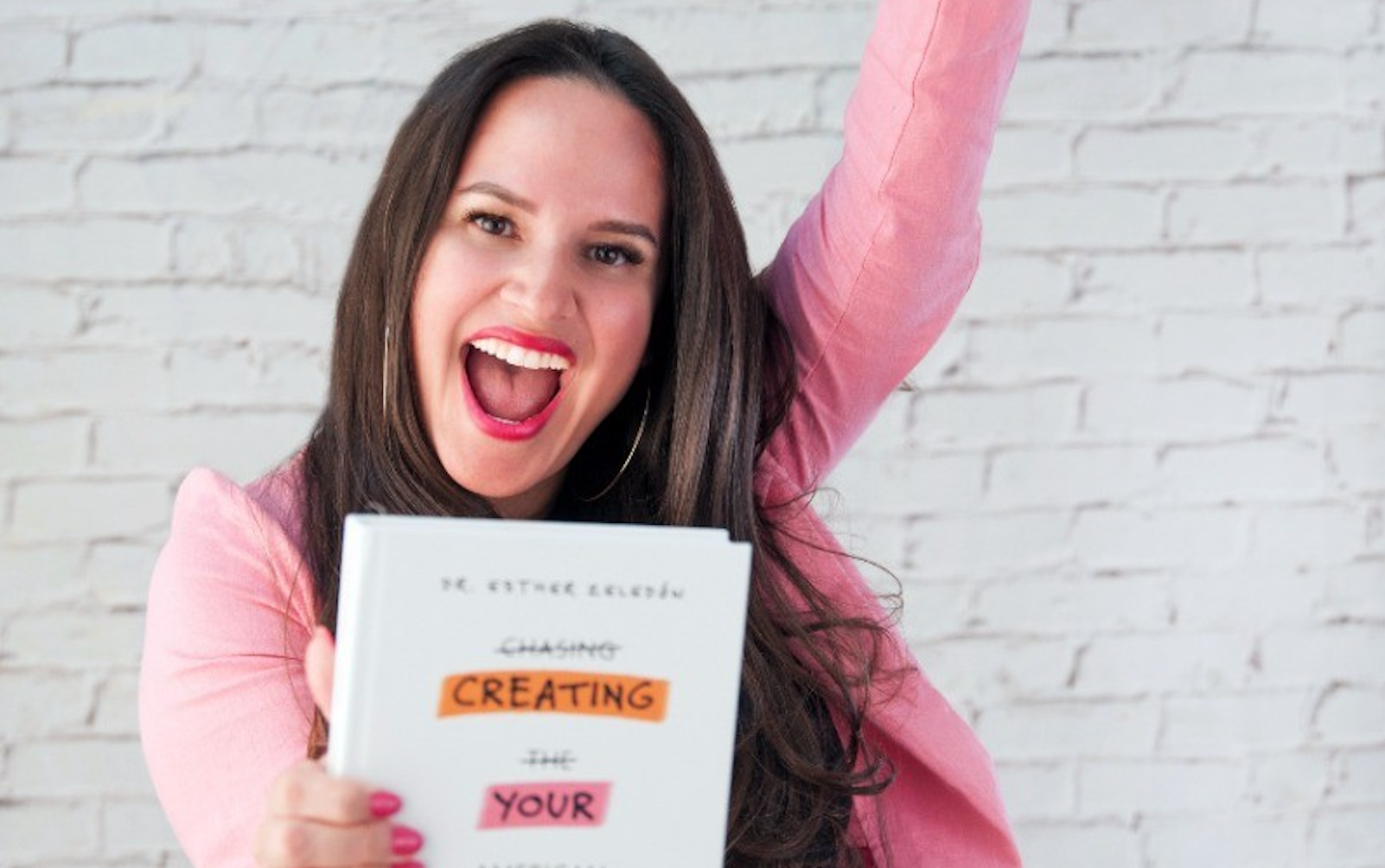
Born in Columbus, Ohio to Korean immigrant parents, May Lee is an award-winning broadcast journalist, host of “The May Lee Show” podcast, adjunct professor at USC, and founder of Lotus Media House who has been both a US-based and international anchor, host, correspondent and producer.
Familiar with being the outsider, “otherized” by a predominantly white community, May was introduced to racism at a young age. This fueled her to become a prominent voice in the effort to combat anti-Asian hate that exploded due to COVID-19. At the start of 2020, May’s production company, Lotus Media House, partnered with NextShark, the leading Asian online news source, to launch “The May Lee Show.” Each episode May sits down with the most impactful and relevant Asians in the U.S. and around the world who are boldly enhancing and elevating Asian voices and issues.
Recognized for her powerful voice for Asian Americans, May was named one of Forbes 50 Over 50 women leading the way in impact July 2021. May has been working with various organizations, companies and media outlets to raise more awareness of AAPI history and experiences.
Given our passionate focus on highlighting powerful women of color leaders, we had the chance to go one-on-one with May to talk about how her personal experiences or being “otherized”, how she forged her own career path in the media as an Asian-American woman, and which well-known media mogul she would most like to have a power lunch with one day!
First up, we’d love to know more about you! Can you share your upbringing story with us and how this shaped your career and life today?
Growing up in Dayton, Ohio was challenging because back then, and even to this day, it was a white homogeneous environment. As one of the very few Asian families in the area, it gave me an early educational experience in terms of feeling different, feeling like the outsider, and being “otherized.” None of those things made sense to me at a young age, but as I started maturing and growing up, I realized what was happening. It made me into a very strong, very aware person. I think back now in terms of why I’m doing the work that I’m doing as an activist, a journalist, and trying to fight for people who are marginalized, and it makes sense that my life course started unknowingly when I was a kid. It had such a lasting impact on me.
I chose journalism when I was in college, not knowing that was a career that was going to have such an impact on me. As I continued in my career, it made sense to me that I was a storyteller who wanted to seek out the truth and give people a voice who did not have one all while trying to educate and inform people.
I’ve lived all over the world because of my journalistic career. I went to Japan, Hong Kong, Singapore, and New York. I have had a lot of life and professional experiences that have had an impact on me.
What were some of the setbacks you experienced personally that lead you to become a thought leader?
I have dealt with racism and Asian hate since I was a very small child. This was something that was deeply ingrained in my upbringing and my experiences, and when the onslaught of xenophobia and anti-Asian hate started happening in 2020, I experienced PTSD because it reminded me of what I dealt with growing up and into adulthood throughout my career.
That has given me some authority in terms of knowing what this is all about and where the hate and treatment of “otherizing” come from because I have lived it. I’ve experienced it and I fought against it all of my life.
Secondly, as a journalist, I have seen and reported on these various issues throughout my career. As a storyteller, and someone who has connected with people who have also dealt with this kind of crisis, racism, and being made to feel “otherized,” that is something that I’ve been able to cover as a journalist and try to educate the public on these issues.
Thirdly, in the second half of my career, I’ve become an “accidental activist”, which is what I like to call myself. I have come to this point of utilizing all of my lived experiences, my career, my travels, my connections with people, my skills and knowledge, and using them in an impactful way, so that I can change the direction that we’re headed through education, knowledge, and building empathy.
It wasn’t planned, but it’s worked out this way, and I’m happy to take up this cause because it’s personal to me.
Can you share a story from your career where you learned from a mistake?
Early in my career, I was my own reporter, camera operator, audio engineer – everything. I was terrified during my first story because I had to set up and shoot everything alone, with equipment weighing about 60 pounds. I filmed everything, and after returning to the station, I saw that I was slanted because the tripod was not set up properly. Plus, I was blue because I forgot to white balance. When I showed the news director, he said it was fine, and it went on the air looking just like that, as he knew there was no time to re-film.
I especially like to share that story with beginner reporters because it taught me that you don’t have to be perfect the first time around, as you’ll make mistakes, but that’s how you learn. My news director knew I needed some encouragement and, thankfully, I was better from that point on.
How would you define what a ‘Thought Leader’ is? How is a thought leader different from a typical leader or an influencer?
A thought leader is someone who thinks out of the box first and foremost and is authentic. The influencer label is so overused due to social media, but are they being mindful or responsible in how they are influencing the public? A thought leader is very intentional about the messages they put out there. Hopefully, those messages are thought-provoking and can lead to positive outcomes. Thought leaders should impact and empower people to improve their lives or at least do something that is meaningful to them.
What are 5 traits that a person should have to become known as a thought leader in their industry?
They should be fearless, creative, empathic, authentic, and have conviction, as opposed to being opportunistic.
In this day and age, we see many opportunists who choose what they think is going to best help themselves. They have no conviction and are centered on selfishness.
In your opinion, who is an example of someone who has done a fantastic job as a thought leader? Which specific things have impressed you about that person? What lessons can we learn from this person’s approach?
I admire Oprah Winfrey for everything she does. She went from very humble beginnings and took all of her pain and experiences and turned her whole identity and brand into something so powerful. I have great admiration for what she has accomplished and what she continues to do. She’s a prime example of a woman with conviction.
We have seen some discussions that the term “thought leader” is overused, and should be avoided. What is your feeling about this?
In this day and age, many people come out of the woodwork claiming to be an expert, a guru, or a coach. These are titles that have been adopted into our viewpoint encouraging us to gravitate toward these self-proclaimed experts. It shows where we’re at as a society. There are many people who want to educate and improve themselves, but it’s dangerous if those who are not qualified try to serve as a guide. It leads to more misinformation, misguidance, and distrust, and then nobody wants to listen to each other.
There is an abundance of unqualified individuals that just want to make a quick buck. It personally infuriates me. It also hurts people who actually are qualified. It dilutes the message and the power of movement.
What advice would you give to other leaders to thrive and avoid burnout?
As someone who has burned out several times in her career, building the ability to become aware before you get to that point of burning out is a saving grace. When you are aware of it, you can reevaluate where to cut back and prioritize.
Women especially suffer from the “disease to please.” We want to say yes to everything because we want to make everyone happy. In the end, we end up suffering the most.
I’ve learned to say no and prioritize. It is definitely easier said than done, but being self-aware lets you know what your threshold is. The sooner you are able to recognize that, the healthier you will be.
If you could inspire a movement that would bring the most amount of good to the most amount of people, what would that be?
I would encourage people to speak up and speak out about things that need to be addressed. For too long, so many communities, especially Asian-Americans have stayed silent. Throughout history, we’ve struggled greatly through mistreatment, violent abuse, and imprisonment. I want more of us in the AAPI community to stand up for what we need, but I think this goes for a lot of other minority groups as well. We need to value ourselves and use our voice and power to incite more change and push aside misleading stereotypes that still exist to this day.
Can you please give us your favorite “Life Lesson Quote”? Can you share how that was relevant to you in your life?
“Be fearless.”
Having grown up the way I did and feeling like I didn’t belong, fearful of the way I was treated, I tried to reverse that idea within myself. I told myself you need to be fearless to get anywhere, and it is something I have taken on for many years.
Who is the person you would most like to have a power lunch with one day?
Oprah: “Authentic power is when purpose aligns with personality to serve the greater good.”
Power is very alluring, but authentic power is when true purpose aligns with who I am, which is what I have discovered in the work that I’m doing now. The alignment leads me to serve the greater good.
I used to work for Oxygen Media. I’ve met her a few times briefly and just the mere presence of her, and the association that I had with her was a true honor. She has never veered from what she believes or what her purpose is. If I could just be a fraction of what she is and what she’s done with her career and life, I’d be very satisfied.
Listen and subscribe to The May Lee Show by clicking HERE.












